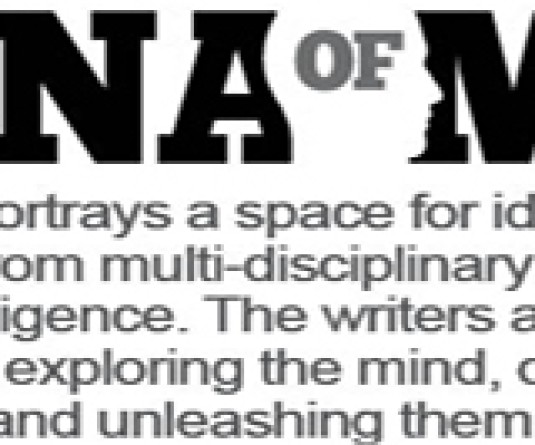
Ruokuosenuo Zatsu
“People will forget what you said, people will forget what you did, but people will never forget how you made them feel” – Gallo
This quote in an essence of positive communication and when we say what is a positive communication?It is an interaction based on positive emotions, aimed at mutual understanding and satisfying for all the parties involved and it requires you to respect yourself and others. It yields the potential to inspire people to achieve higher moments, greater goods, act selflessly, and an impression on the listener. Unique in its ability positive communication generates physical, social and psychological health and wellness. It helps motivate people to live fully within the parameters of their personal health and life story.
Speaking and listening are the basic communication skills used daily that built connection with others which help us process language so that we can interact with others. This skill helps us to create wonderful, growing and lasting relationship. A good and positive communication helps eliminate misunderstandings and can encourage a healthy and peaceful work environment and culture.
Learning the art of communication is something you can put into practice immediately. While some elements will take a little practice while some you’ll get the hinge of most right away. Some can be magicalwords such as ‘Thank You’ ‘Please’ ‘Excuse Me’ ‘Sorry’ and ‘Welcome’. Some of the ‘Old school’ standards and ‘New School’ strategies for positive communication are
“Thank you”: Be consistent in saying thank you to your Children, Friends, Families and everyone else in your circle of interaction because an appreciation motivates people to continue their generosity. One should train oneself into the habit of expressing appreciation to others so that we develop a heart of gratitude.
“Please”: In your daily interactions with others including your family, do you request/ command people to respond to your desires? Do you say please frequently? If you do so, you will exert a major influence in helping society to overcome the selfish, entitled mindset that prevails in our culture.
“No Thank You”: A polite way to define who you are and making yourself visible.
“Excuse me”: Sometime when we say ‘excuse me’ we don’t actually say it clearly. Just by saying excuse me move people back into social equilibrium. These two words can smooth over a mistake, get someone attention or provide an exile among others tasks.
“Sorry”: Acknowledging your hurtful action and being sorry is an expression of your regret and remorse for your action. When you say ‘I’m sorry’you focus on the hurts or inconvenience you cause tothe other person. Make apologizing part of your personal habits. Delivering one effective and timely apology will serve us well throughout our lives.
“Addressing Adults”: When it comes to how to properly address the adults, there is no clear-cut definition of what is always appropriate and inappropriate. But it is never wrong or inappropriate to address elders respectfully. Tribal Naga has its own unique way of addressing the adult/elders. Each Tribe has different connotation to address adult/elderly person, respective of genders. Some Tribes have a precise term to address a person respective of how the elder is related to the individual. And for some Tribes there is a general term to address adult irrespective of gender and relationship. Throughout our tradition we were told to respect and take care of the elders and that define the uniqueness of Naga society.
“Admitting Mistakes, Wrongdoing and failings”: Owning up to our mistakes is one of the hardest things. We humans seem to have this instinct to protect ourselves by putting up a shield of blamelessness ‘I didn’t do it” “I’m not the one who messed up”. We just have a hard time admitting our mistake/ fault because of the fear of being rejected, low self-esteem and lake of role model. But we should know that mistake are part of life and mistake don’t defined you, instead it built up your character as it put us in a position of being humble.
“Giving and Accepting Compliments”: Complements are encouraging and motivating. They make people feel good about themselves. Learning to give and receiving complement is an important aspect of developing character and good life skills. If you know why and when to complement others, we can easily embrace the idea of wanting to make someone feel good likewise it make you feel good when someone complement you. If you are generous with your accolades and give honest complement it will help you develop an appreciation for the skills and talents of others and applaud another person’s accomplishments instead of being self-centered, envious or competitive.
In every endeavors that we undertake in life requires interaction with people we all need people to help us achieve our personal/professional goals. Thus, we have to be intentional in developing strong people skills to communicate our desires and to position our self where others are motivated to embrace and support us.
The writer is an Assistant Professor in the Department of Chemistry SJC (A).






